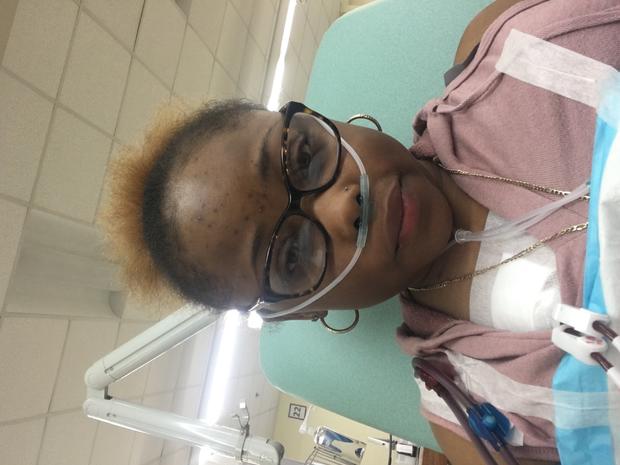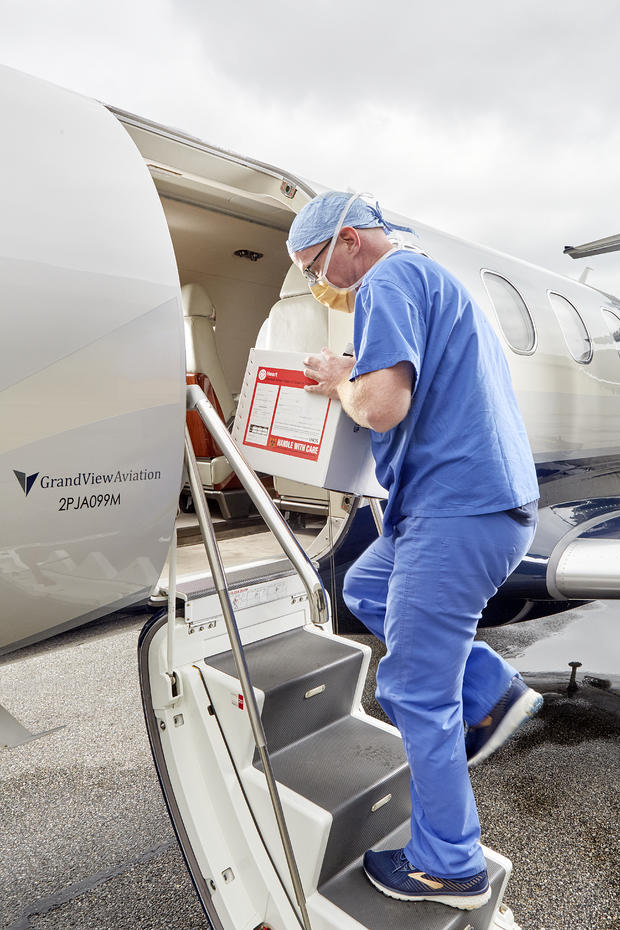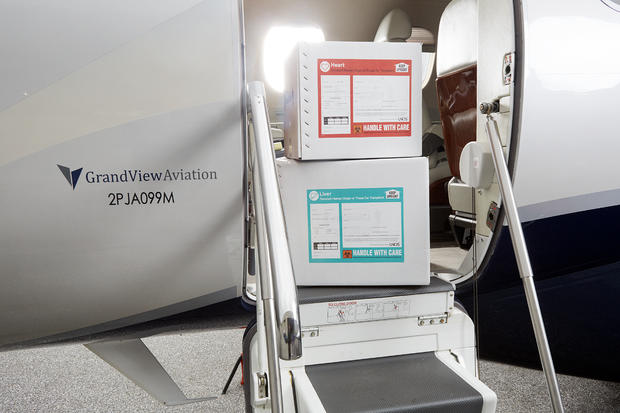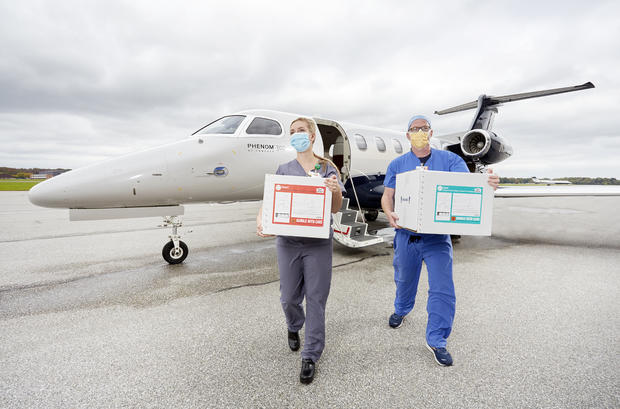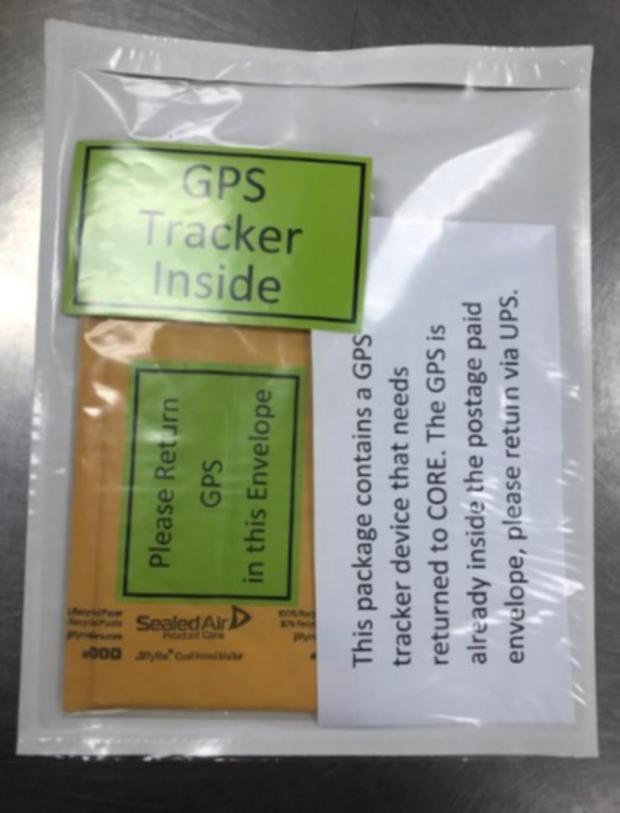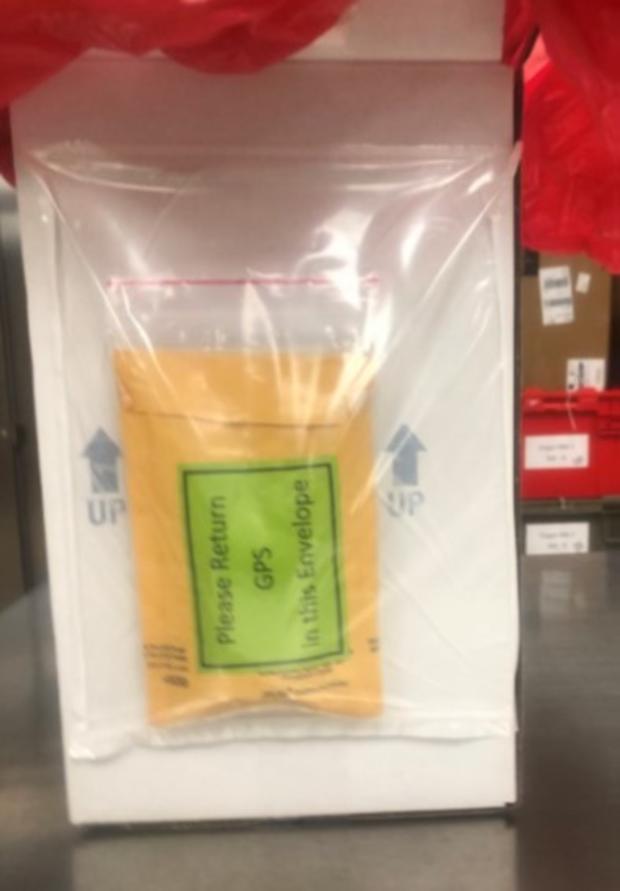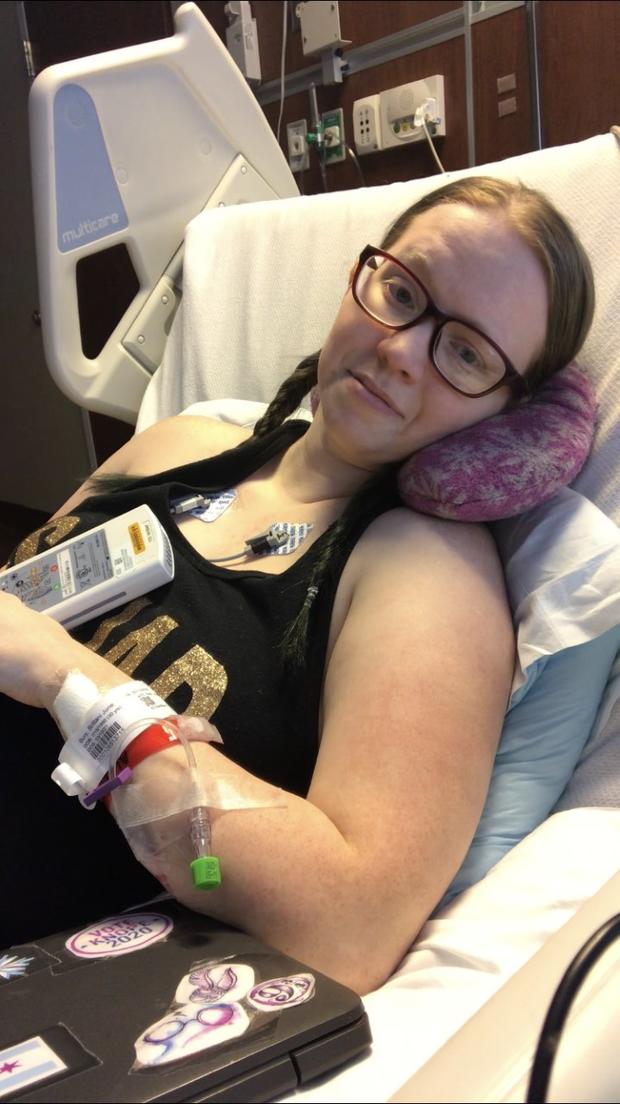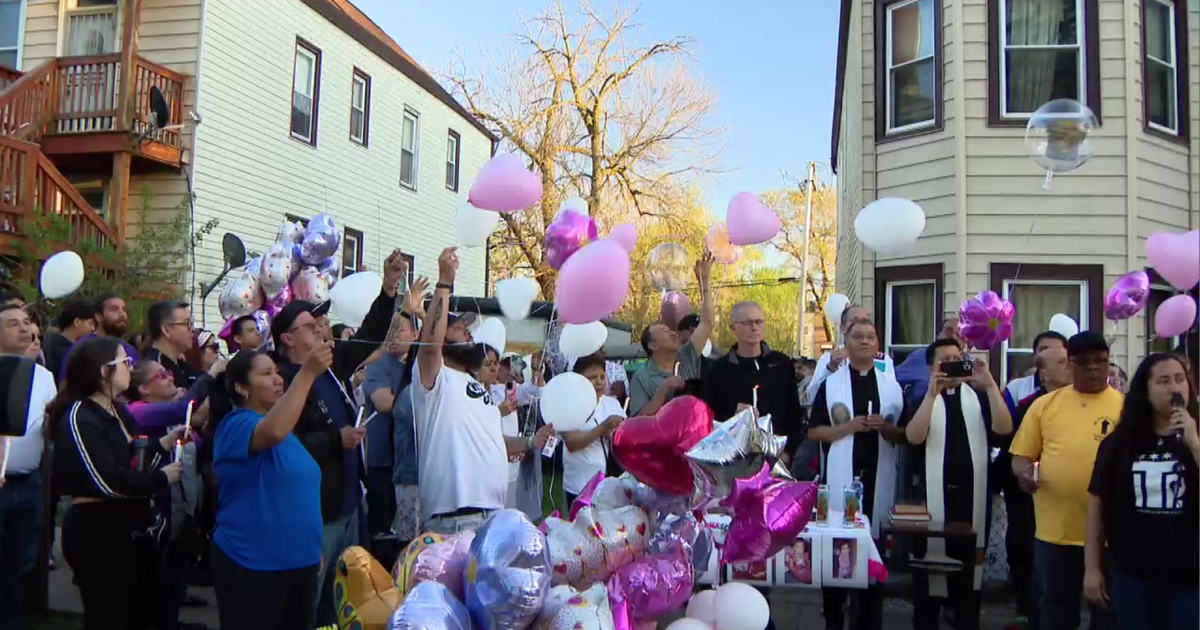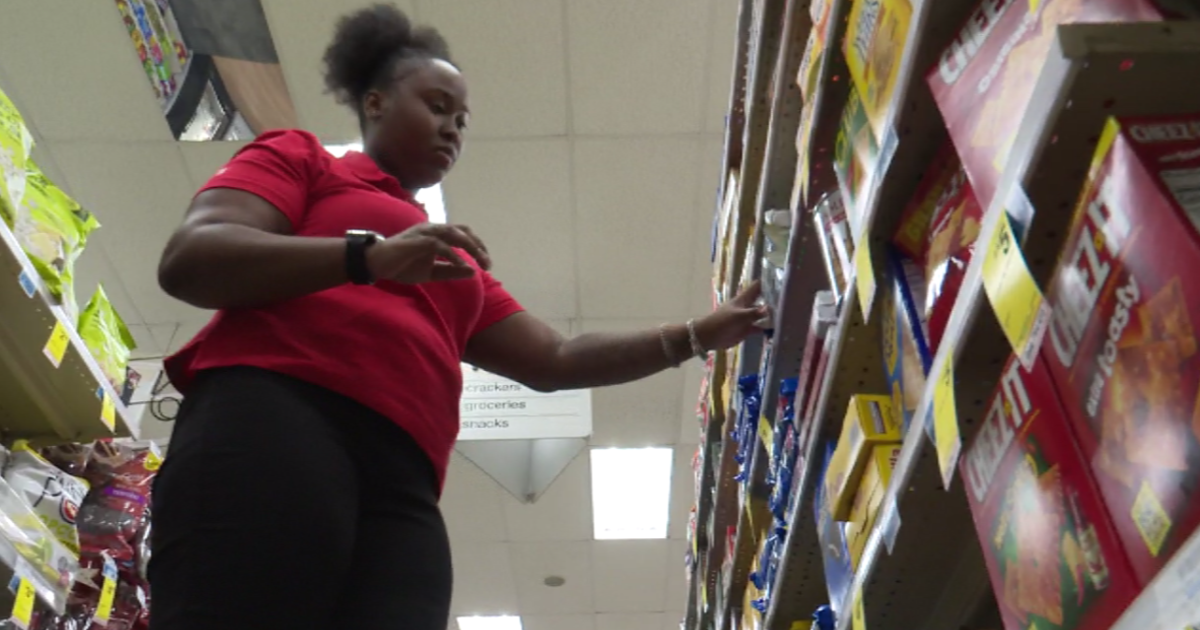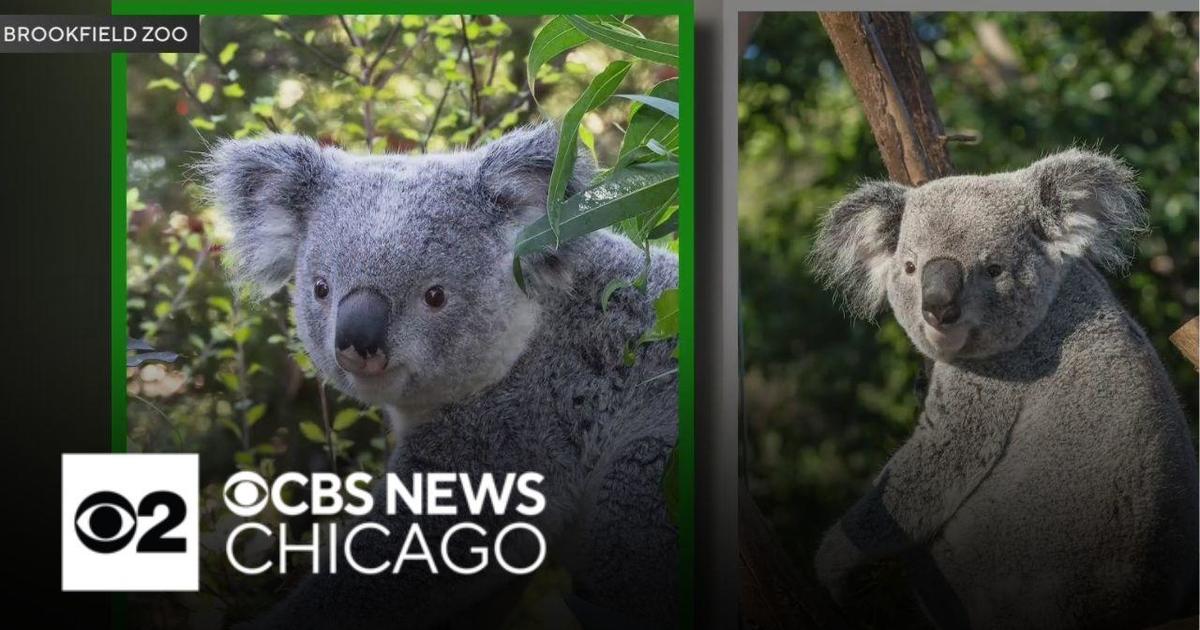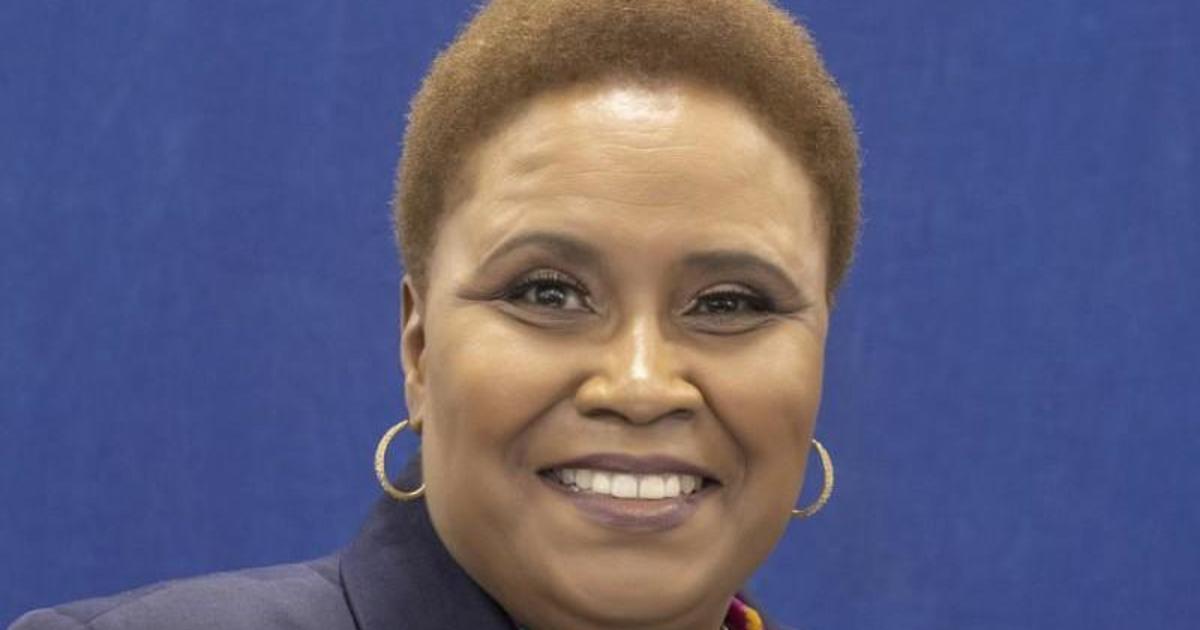Transplants Plummet At Start of Pandemic, And Organs Go Missing More Often Than They Should -- But Innovators Are Coming Up With Solutions
CHICAGO (CBS) -- When our world came to a standstill last year, so did organ donations.
People were staying home and out of harm's way, but as the country reopened, tragedy that struck for one family would be a prayer answered for another.
On Thursday night, CBS 2's Lauren Victory took us inside 2020's record-breaking year of transplants and discovered a hole in the system that's under repair.
When COVID-19 arrived in the United States, landing good news was hard. That was especially the case for the sick – people like Tashiana Smith.
"All I could do was cry," Smith said. "My first, I want to say, my first week of coming, I cried because I was just in shock. Like how did I get here?"
Smith has been fighting kidney failure for nearly two and a half years. She needs both a kidney and a pancreas, and she has been having to go in for dialysis for four hours each round.
"I was here every Monday, Wednesday, Friday," Smith said.
She said coming in for dialysis three times a week took a lot away from her.
"I had to stop working. I had to stop going to school," Smith said. "Some days I would be extremely tired, extremely drained."
Her dread of dialysis suddenly lifted when she was placed on the transplant list for a new kidney and pancreas in February 2020.
But a few weeks later...
"That's when COVID like really hit," Smith said. "I'm like, 'Wow. So how long are they going to push my transplant back?' You know? Everything just stopped."
One of the everythings was GrandView Aviation, which had just expanded to Chicago Executive Airport. No one wanted to take flight in a beautiful luxury jet with COVID-19 in the air.
But to Chief Operating Officer Jessie Naor's surprise, a certain type of call still came in.
"When the pandemic struck, we were all really worried," Naor said. "Is anything going to happen? Are these organs just not going to be donated?"
Pilot Ricardo Gobbo found himself boarding not the rich and famous, but medical teams.
"Two doctors and two nurses, and we fit the box here," he said, pointing to first seat in the plane.
Each box holds someone's future heart or liver – their second shot at life.
"We're actually flying a lot more lungs during coronavirus," Naor said.
GrandView Aviation started out as a medical flight company. But in 2020, they scheduled more organ transport trips than ever before.
On average, crews completed medical missions nearly every day.
"Present the flight plan and then we can take off and take the organ for a happy family," said Gobbo, explaining his role from the cockpit.
By charter or commercial flight, courier and more, over 36,000 organs from deceased donors whizzed across our country last year during the pandemic. That's a record high.
Now imagine the stress when this precious cargo goes missing or gets delayed.
You see, in a time when we can track our online orders, follow our food deliveries, and watch for our rideshares in real time, knowing the exact location of an organ that's en route to a sick patient wasn't possible - until now.
"There's all these different ways that organs move and each one has its own – its own risks," said Casey Humphries, program manager at UNOS Labs.
UNOS Labs is the research arm of the United Network for Organ Sharing. Humphries has been working on a solution for the past year – testing out GPS tracking devices.
"We needed something that was efficient; that was lightweight," Humphries said.
The hope is to eliminate headlines one from 2018 that reads: "Human Heart left on Southwest Plane Forces Pilot to Turn Around."
UNOS reported "28 shipment failures" and "109 near misses" to the federal government in 2015. That is only about 5 percent of total transports, but many of the life-saving organs affected had to be thrown out.
Problems: included "airline computer system issues" and "courier delay due to traffic."
"Even minor things like it being dropped off at the wrong desk at the hospital where it needs to be just one building over," Humphries said.
As to the effects he has heard about anecdotally about organs being in the wrong place, Humphries said, "It's just a lot of back and forth and inefficiency, honestly."
There is also a lot of anxiety – with doctors and patients waiting on pins and needles for the sometimes life-or-death deliveries.
But now, transplant teams can follow along on a map.
"No matter how many times it switches a flight, no matter how many hands are responsible for getting that organ there, we know it gets there," Humphries said.
That confidence in the transport could lead to hospitals accepting organs from farther away – transplants possibly sooner for those agonizing over the wait, like Brittani Bury. She has been stuck in a Northwestern Memorial hospital room for weeks, fingers crossed for a double lung and heart delivery.
CBS 2 told her about the UNOS tracking project.
"It's like they care about it, I guess, and that matters to us," Bury said.
While Bury's wait continues, the other kind of tick-tock – actually TikTok in this case – consumes Smith. She likes to dance with her nephew with newfound energy after her transplant came through in July 2020.
Smith is happier and more much energetic after her transplant came through in July 2020.
"I started crying," she said. "I've waited so long for this, you know?"
Smith said he has no idea where your organs came from. What matters to her is nothing went wrong.
Her pancreas and kidney's journey from donor to hospital didn't land on the list of bad statistics.
With transportation solutions in further testing, 2021 transplants are in route to break the good kind of record again.
Meanwhile, Bury has set up a GoFundMe to help with her post-transplant expenses.
